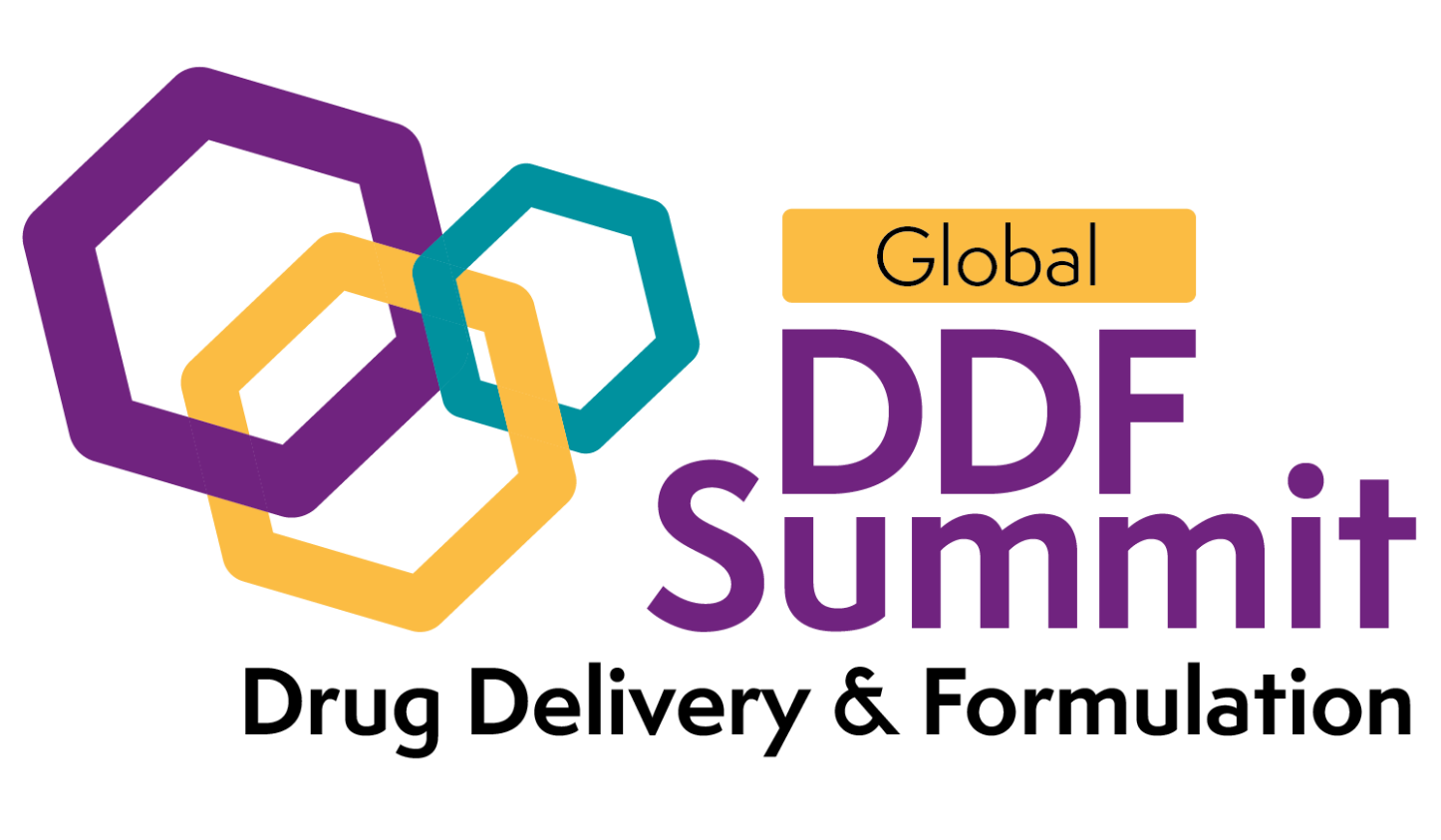Next May marks the return of the leading summit on drug delivery, formulation, and device development!
Participate in a 3-day event where top-notch experts engage in discussions about the most recent advancements in the industry, presenting case studies and sharing invaluable expertise.
With nearly 100 sessions, 4 content streams, and designated networking breaks, this event provides an ideal platform to exchange innovative ideas, stay abreast of the latest industry trends, and address prevalent challenges.
Hear about about case studies in areas such as:
 Enabling Bioperformance Prediction Through Data Analytics
Enabling Bioperformance Prediction Through Data Analytics
 Engineering Prodrug Therapies for Infectious Disease and Cancer Therapy
Engineering Prodrug Therapies for Infectious Disease and Cancer Therapy
 Predictive high-throughput screening of oligonucleotide lipid nanoparticle for gene silencing
Predictive high-throughput screening of oligonucleotide lipid nanoparticle for gene silencing
 Targeted delivery of pharmacological agents in the vascular system
Targeted delivery of pharmacological agents in the vascular system
 Development of high-volume wearable drug delivery systems
Development of high-volume wearable drug delivery systems
 The Port Delivery System with Ranibizumab: A New Paradigm for Long-Acting Retinal Drug Delivery
The Port Delivery System with Ranibizumab: A New Paradigm for Long-Acting Retinal Drug Delivery
 Current Challenges and Opportunities in Developing Combination Products Biologics
Current Challenges and Opportunities in Developing Combination Products Biologics
 Delivery and Medical Devices
Delivery and Medical Devices
 The evolving paradigm of post-market safety reporting for combination products
The evolving paradigm of post-market safety reporting for combination products
Tailor your experience
4 parallel streams give you the chance to personalise your agenda and delve deep into the topics pertinent to your challenges.
Choose from Small Molecules, Biologics, Technology & Innovation or Device Development.













